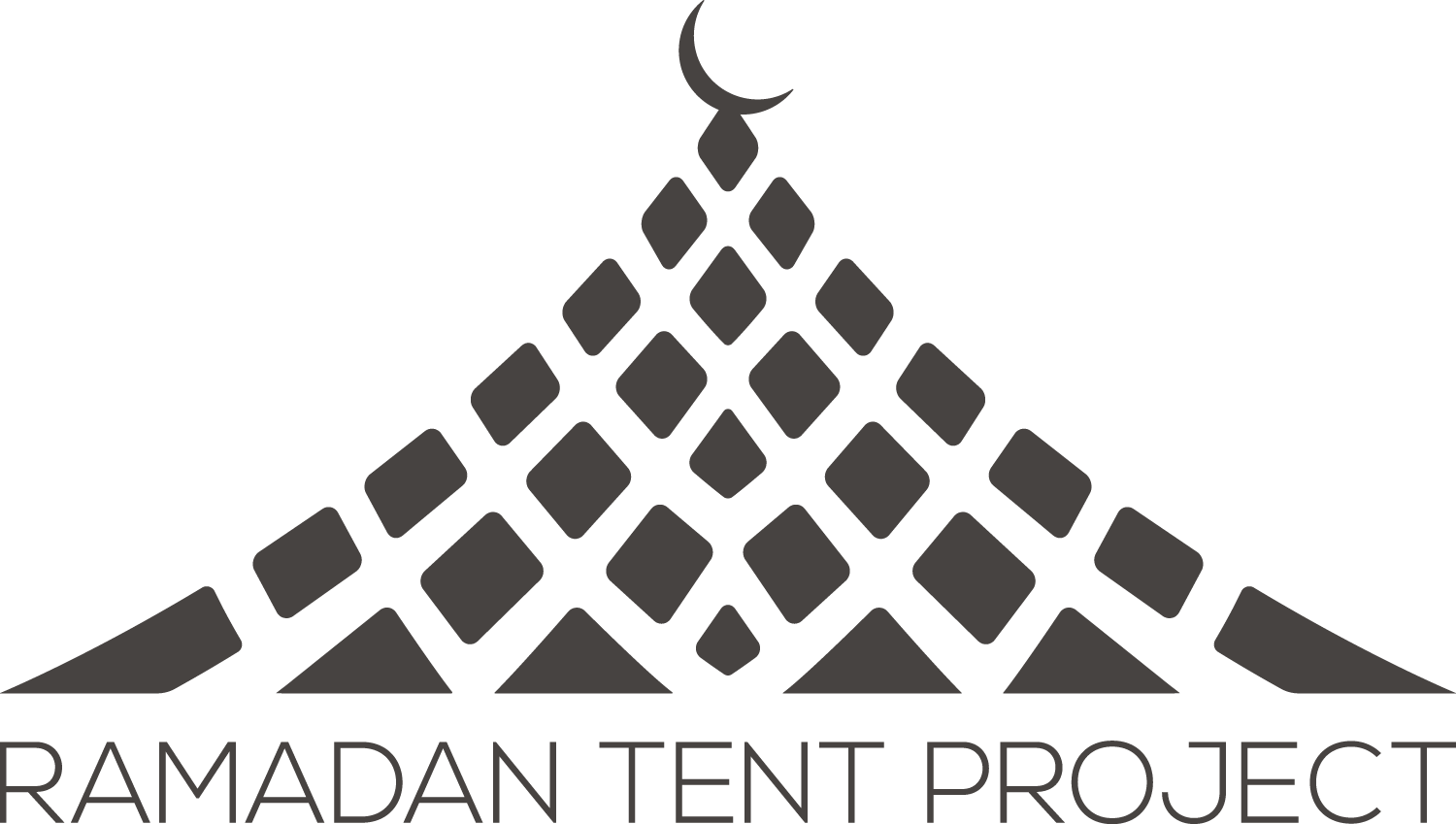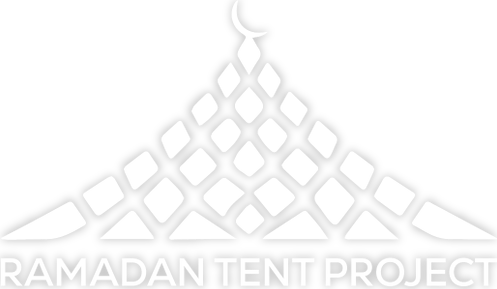Aged 5, Ramadan was the time that came every year when everyone in my family would fast but me. I am the youngest, arguably most stubborn, sibling and I did not like being left out so I would insist on keeping the fast. My parents allowed me to do so as the fasts were a lot shorter and I think they knew I would give in after a few hours. They were, of course, correct. I have one distinct memory of five year old me attempting to fast: as my sister went into sujood, I hid behind the curtain and unwrapped chocolate coins – not the quietest of tasks with their foil wrapping – and shoved three into my mouth. A struggle to chew, I managed to do it but with little time to cover the evidence. I stood there with foil scattered across the floor, chocolate across my mouth and guilt smeared across my face. When my sister laughed as she found me behind the curtain, I doubt I was too happy I had proved my parents right: I was too young. Come to think of it though, I could have gone about it more efficiently: I should have stood behind my sister, instead of suspiciously behind a curtain, and put the foil in my pockets(!)
My point is, as a child I only wanted to fast because everyone else was and I wanted to join in. I knew, to some extent, why they were fasting but that was not my reason at all. After a recent conversation with my niece, a nine year old who insists on fasting the 18 hour fast simply because everyone else is, I figured it is a normal way for a child to feel; to respond to the many comments I see on news articles about school-aged children fasting, it is very seldom because they are being forced to, it is because [children] are stubborn and will not take ‘no’ for an answer.
As I continued through school, Ramadan was filled with me frantically turning the pages of the Qur’an, trying to finish it as many times as possible – most importantly, more times than anyone else in the family. Ramadan was a month like no other – it was fun, it was different – filled with competitions, samosas and pint sized me standing beside my sister, copying her actions as she prayed.
Through school we are told that “Ramadan is a time for Muslims to reflect on what they have and to experience the life of the poor.” An oversimplified statement that just does not encapsulate [Ramadan] as I reflect on it years later, though it does allude to what Ramadan means to me now. Many years later it is still that same unique month, but I have a different take on it, I have refreshed my intention and rightly so – I am no longer a five year old!
And now I understand it. I understand that Ramadan is not about how much [more] Qur’an I can pray [than my family] – nor is it about samosas! Praying Qur’an is a big part of Ramadan for Muslims around the world, yes. But it is no longer the only book I read. I try to pick up books about the prophet (peace and blessing be upon him), about Islam, books to understand the Qur’an – rather than just reading it. This practice is important to me solely because in the blessed month – a month in which many put aside time specifically to pray, to remember God, to reflect and so on – striving to learn more about my religion and to be closer to God is possibly the best way to spend my time.
Ramadan is what the school teachers were alluding to. Ramadan is reflection. But it is more than reflecting in order to be grateful, it is to reflect on oneself: on the relationship between yourself and God, on where you are at now and where you would like to be, on the habits you have and how they can be bettered. Using what I have learnt in my Classical Arabic Literature module, it is a matrimony of the physical and the spiritual – physically abstaining to spiritually grow.
Over the years I have learned and grown to appreciate Ramadan as an individual experience, one that is far from alienating as it allows you to feel connected to everyone partaking.
“If I was to ask you what Ramadan means to you, we’d have sixty different responses, despite twenty people in the room. That is the beauty of Ramadan and that is what we try to encapsulate” said Ali, one of the Ramadan Tent Project (RTP) volunteer coordinators, on my volunteer induction day. And that is Ramadan.
Ramadan is as much individual as it is unity. It is everything Open Iftar stands for: bringing together people of faith and non-faith, those with homes and the homeless, those spending Ramadan with their families and those who are finding a family to spend Ramadan with, bringing all these people together to a shared space in which we are all equal. I am yet to experience RTP as a volunteer however as a visitor, RTP is one of my favourite Ramadan experiences. RTP is inclusivity, it is unity, it is a family – and you feel a part of [the family] each time you step foot into Malet Street Garden.
Now aged 19, Ramadan is mine; the same way it belongs to every other person going through this journey of self improvement through abstaining from food (etc), through reflection and through spiritually growing. Ramadan is an individual experience: this is my [experience]. Ask another who is fasting to learn about theirs, and while you will surely see similarities, I will be surprised if you do not learn something new.


